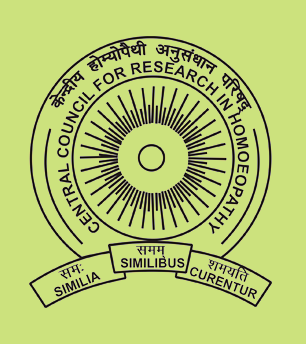Indian Journal of Research in Homoeopathy
Keywords
Homoeopathy, Nocturnal enuresis, Observational trial
Article Type
Original Article
Abstract
Context: Nocturnal enuresis is a widespread and distressing condition that can have a deep impact on the subject's behavioural, emotional and social life. Aim: We intend to evaluate the role of homoeopathic treatment in nocturnal enuresis. Materials and Methods: A prospective, single arm, pre-post comparison, non-randomised, open-label, observational trial on individuals of 5–18 years of age presenting with nocturnal enuresis at the outpatient department of The Calcutta Homoeopathic Medical College and Hospital was carried out. A total of 34 individuals were enrolled. A scoring scale was developed; scores were measured at baseline, after 2nd and 4th month. The intention to treat population was statistically analysed in the end. Results: The mean age of the patients was 8.71 ± 2.73 years; gender distribution was 1:1. Compared to baseline, scores reduced significantly over 2 months (11.6 ± 1.9 vs. 9.6 ± 3.5; mean difference: 2.0 ± 2.5 [95% confidence interval (CI): 1.2, 2.9]; t = 4.748; P < 0.0001 two-tailed; Student's t-test) and 4 months (11.6 ± 1.9 vs. 7.1 ± 4.8; mean difference: 4.5 ± 4.2 [95% CI: 3.1, 6.0]; t = 6.319; P < 0.0001). A post hoc one-way repeated measure ANOVA indicated significant time effect (F[2,32] = 311.286, P < 0.0001). Effect size was considerably large (Cohen's d: 0–2 months = 1.653; 0–4 months = 2.200). The most frequently indicated medicine was Kreosotum (n = 9; 26.5%). Conclusion: Homoeopathic medicines seemed to have a potential treatment effect in nocturnal enuresis. Controlled trials are warranted.
Digital Object Identifier
10.4103/ijrh.ijrh_25_18
Publisher
Wolters Kluwer India Pvt. Ltd.
How to cite this article
Saha S, Tamkeen R, Saha S. An open observational trial evaluating the role of individualised homoeopathic medicines in the management of nocturnal enuresis. Indian J Res Homoeopathy 2018;12:149-156. doi: 10.4103/ijrh.ijrh_25_18



